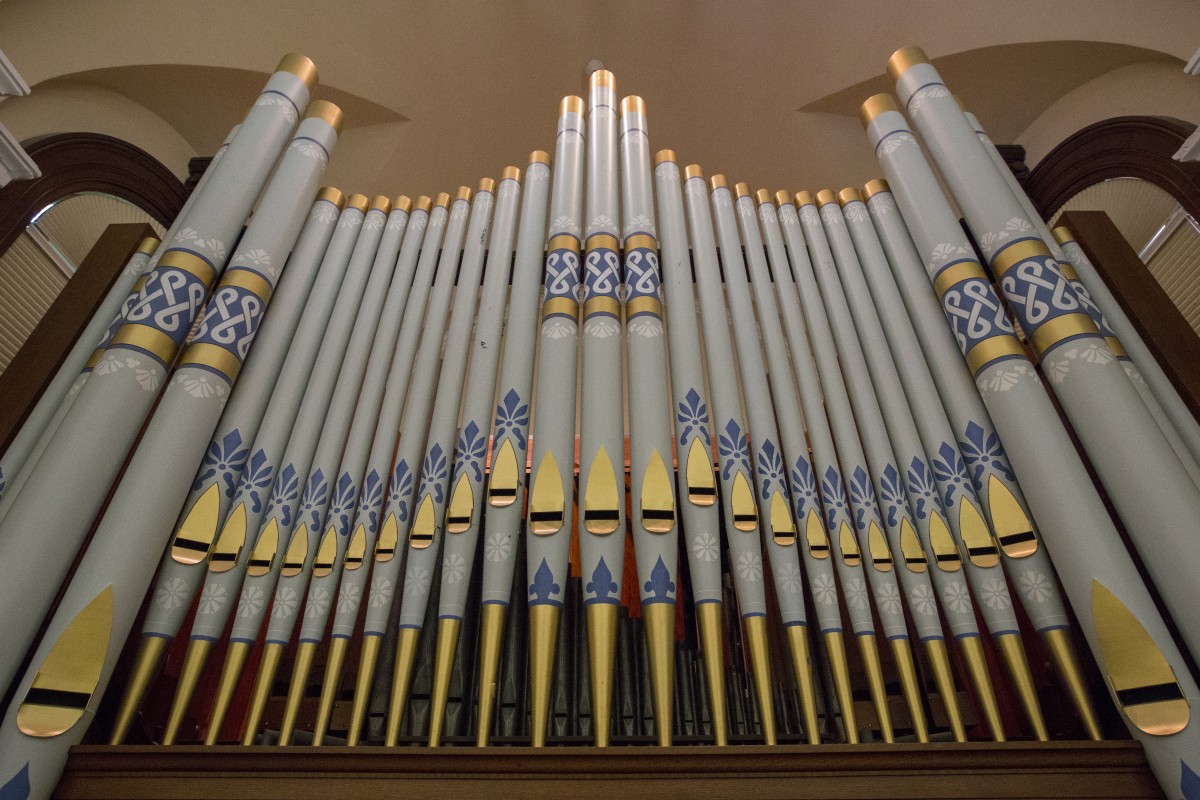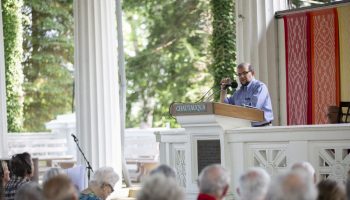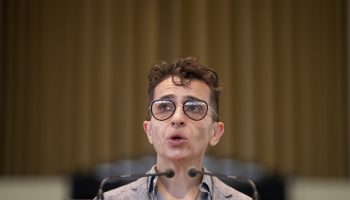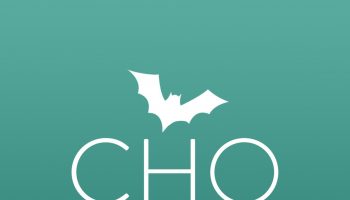In the spirit of Russian organ music, Jared Jacobsen wanted to capture the enchantment and fine detail produced by Russian composers. To do so, he stepped beyond the musical realm and drew inspiration from famous jeweler Peter Carl Fabergé.
At 12:15 p.m. Tuesday, July 17, in the Hall of Christ, Jacobsen will perform “Fabergé Eggs” on the Tallman Tracker Organ, a recital composed of Russian music that captures the artistic spirit. The title is commemorative of the acclaimed jeweled eggs produced by Fabergé that were popular Easter gifts among Russian royal families.
“The eggs are collected because they are enchanting, and they are gifts, first and foremost,” said Jacobsen, the Institution’s organist and coordinator of worship and sacred music. “They’re little miniature jewel box things. I began thinking about this, and I thought I could put together a program on the Tallman, which is like a little jewel box in itself, that is akin to the Fabergé eggs with the layers of things.”
The Fabergé eggs are known for their intricate detail, revealed when popped open by a small button. Inside, precious stones and gold figures create a scene compacted into an egg often no larger than a fist. Due to this feature, Jacobsen has selected “miniatures” from a larger organ piece that have the same effect. The organist will play excerpts from Modest Mussorgsky’s “Pictures at an Exhibition.”
Mussorgsky’s piece is a tribute to the late Russian architect and painter Viktor Hartmann. The song gently guides listeners through 10 small movements, each representing a different piece of Hartmann’s artwork.
“You walk through this piece of music and you stop at each one of these things,” Jacobsen said. “First there’s a painting of little kids playing in a garden in Paris … and you walk farther along, and there’s costumes for a children’s ballet, where the kids are unhatched chicks with their feet poking out at the bottom of their costumes, and so you hear that in the music.”
The detail and grace in the composition gives listeners the chance to experience an artistic journey, Jacobsen said.
The recital also includes “Russian Romance” by Rudolf Friml. Friml was a composer and Russian immigrant who became known for writing Hollywood movie scores.
“Russians often wear their hearts on their sleeves,” Jacobsen said. “If you’re in love, everybody knows it, and if you’re having a fight, everybody knows it.”
“Fabergé Eggs” will conclude with excerpts from “Polovtsian Dances,” a series of ethnic dances written by 19th-century composer Alexander Borodin. This composition, Jacobsen said, illustrates the fusion of eastern and western Russia.
“Here’s where we start to veer into the part of Russia where the east is merging with west,” he said. “The Polovtsian dances sound kind of tribal, and they are charming.”





